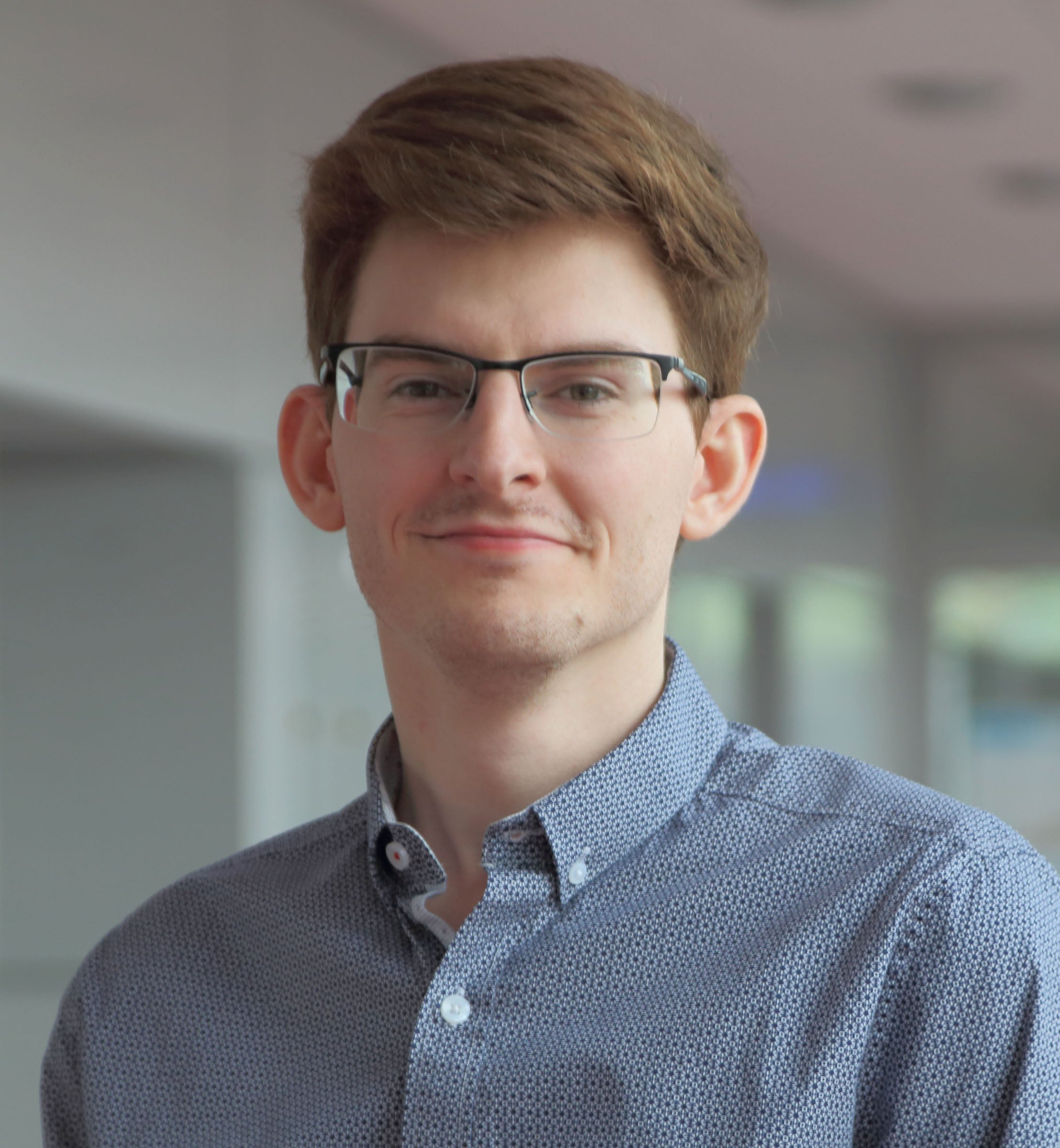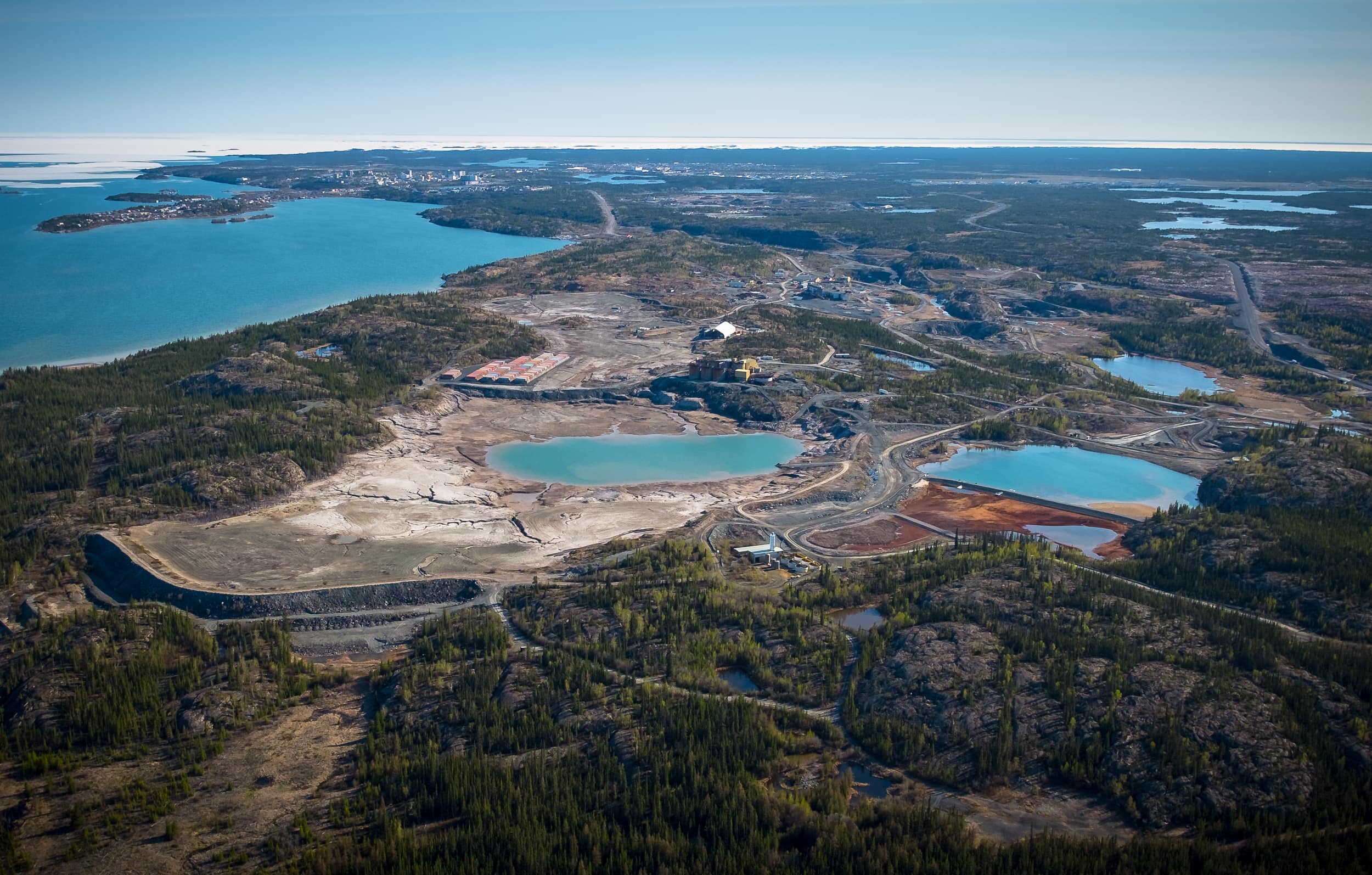
Kevin attributes his interest in water research to summers spent as a child on Georgian Bay at his family cottage with a shallow well and tap water that wasn’t potable. So, despite growing up in the GTA where most people take clean drinking water for granted, he was conscious of water quality from an early age.
In high school, Kevin had the opportunity to travel and volunteer across Tanzania, an experience that helped to solidify his interest in water quality and shape the direction for his higher education.
He subsequently studied environmental toxicology and chemistry, with an emphasis on aquatic environments, and gained a BSc from the University of Guelph and an MSc from the University of Saskatchewan.
Early Career
Kevin’s career took off in the Czech Republic, where he worked for two years as a research scientist at RECETOX (Research Centre for Toxic Compounds in the Environment) at Masaryk University in Brno.
He was drawn back to Canada by the contaminant research being done at the University of Waterloo by his now supervisor, Water Institute member David Blowes, the Canada Research Chair in Groundwater Remediation. The global reputation of the Water Institute and Collaborative Water Program also helped to finalize his decision to pursue a PhD at UW.
Current Studies
This term, Kevin is taking the Collaborative Water Program (CWP) WATER 602 course and looking forward to a focus on scientific communication skills.
“Within academia, soft skills such as scientific communication are rarely given priority over technical skills, but as water researchers, the work we do is often of great interest and impact to the general public. This makes the ability to communicate complex results in a concise and simple way critical for translating our water research into regulatory policy or public action,” said Kevin.
He also noted that graduate students often spend most of their time working on a small piece of a complex project and may not have opportunities to interact with students from other departments or faculties working on a different aspect of the same issue.
“I spent most of my MSc working on a project independently, but my time at RECETOX showed me how rewarding it could be to work with an international team of experts from different disciplines.”
He sees the CWP as a rare opportunity to collaborate with and learn from other graduate students passionate about water research with different backgrounds and perspectives.
Kevin also currently serves as the Vice Chair of the World Water Day Conference on the Students of the Water Institute Graduate Section (SWIGS) executive team, as well as the CWP Councillor on the UW Graduate Student Association (GSA) Council.
Current Research
Kevin’s research has broadly focused on the effects, transport, and remediation of contaminants in the environment, from municipal wastewater to mine tailings in the Alberta oil sands.
As part of the Groundwater Geochemistry & Remediation Research Group at UW, he’s now working on a project developing antimony stable isotopes to track environmental contamination and assess the effectiveness of remediation strategies at the abandoned Giant Mine in Yellowknife, Northwest Territories.

Aerial Photo: Giant Mine, Northwest Territories by Matt Jacques / The Narwhal
These novel non-traditional stable isotope techniques are emerging as powerful tools for fingerprinting sources and geochemical processes controlling the movement of metal contaminants in the environment.
“We are one of only a handful of research groups in the world working on antimony stable isotopes for environmental applications, which makes our research challenging but also provides exciting opportunities for discovery and international collaboration.”
The research is part of a larger national project overseen by the Giant Mine Oversight Board that has brought together a group of interdisciplinary researchers from six universities across Canada to develop novel remediation strategies for Giant Mine.
Kevin’s goal is to assist in evaluating these possible remediation techniques and ultimately develop an analytical tool that can be used to assess other contaminated mine sites around the world.
You can follow Kevin’s research on Twitter (https://twitter.com/Kevin_B_White) and ResearchGate (https://www.researchgate.net/profile/Kevin-B-White).